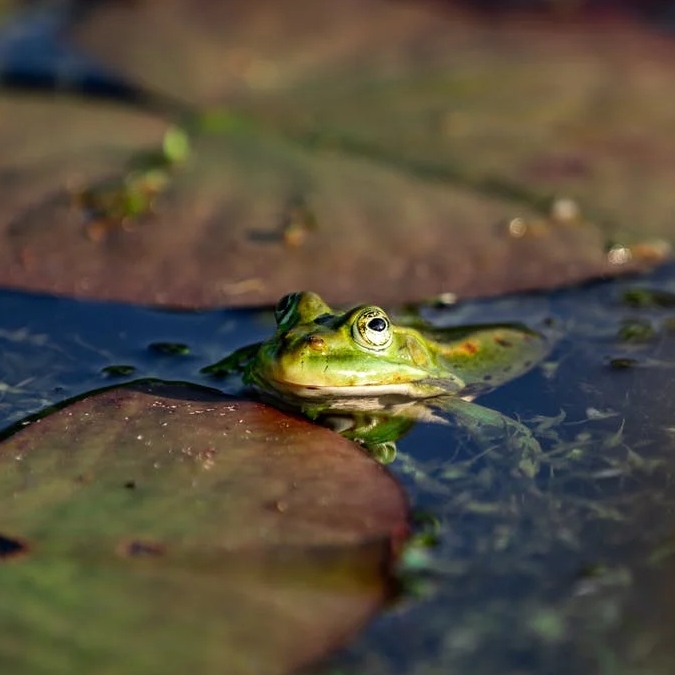


8 July, 2022
While there’s no single answer for how to fix the UK’s housing crisis, there is one that everyone agrees on: build more homes. But housing isn’t the only crisis we’re facing at the moment. Like the rest of the world, Britain is experiencing rapid and widespread biodiversity loss, having lost nearly half of natural biodiversity since the industrial revolution.
Preserving the UK’s biodiversity is undoubtedly essential. But so is the availability of affordable housing. Through “biodiversity net gain”(BNG) – a legal requirement that new developments in England yield a net biodiversity gain of 10% – the UK government is hoping to do both.
In short, BNG requires that developers compensate for 110% of any biodiversity loss caused by their construction. Where impossible to achieve this onsite, developers can purchase biodiversity offsets representing habitat that has been created or enhanced elsewhere in the country.
Biodiversity gains sound great – and will be if the government can get it right. But there are a number of reasons scientists are apprehensive about the scheme, including concerns that it may result in an overall reduction in natural area, the disproportionate creation of ecologically low value habitats, and a poor system for enforcement.
These aren’t only problems for the UK to contend with. Governments around the world are looking at, or already using, biodiversity offsetting schemes as a way of preserving biodiversity. Businesses too are beginning to consider their impact on species decline and seeking ways to mitigate it.
Ultimately, the world needs a credible system for ensuring that human activities don’t come at the expense of ecological health. Whether that system is offsetting remains to be seen.
By Louise Podmore